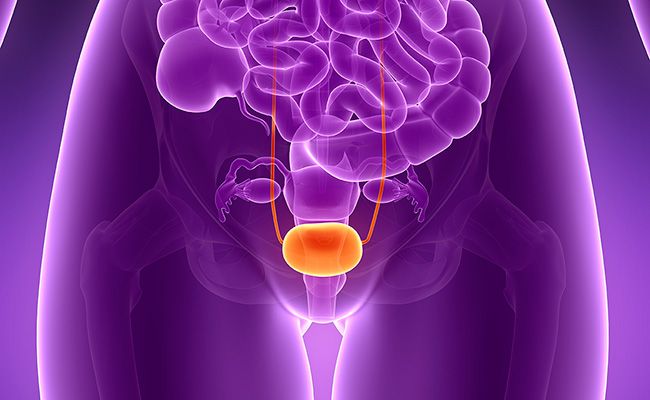Urologists practice a kind of medication called urology. They focus on treating problems of the man as well as women’s urinary tract. That consists of all body organs as well as other body components along the path urine obtains from the body. Those organs are:
- Kidneys
- Bladder
- Urethra: The air duct that urine appears of (In men, seminal fluid likewise appears of the urethra
- Ureters: Tubes that take urine from the kidneys to the bladder
Urologists deal with male sex body organs, including the penis, scrotum, prostate, as well as testes, i.e., testicles.
To get info about urology medical equipment, please follow the link.
What Sort of Training Do Urologists Receive?
Urologists go through the same training all doctors do. Initially, they need a four-year degree from a college. After that, they most likely to go to a clinical institution for four years. Next, they finish a residency. That’s 5-6 years of extra training at a hospital.
Some urologists get a fellowship. With that said, they find out about a certain kind of urology. They might do a fellowship in urologic oncology, as an example, to learn to treat cancers of the urinary system tract. All urologists need to pass licensing exams as well as get American Board of Urology certification.
What Do Urologists Treat?
Urologists have experience in several locations beyond the urinary tract. They can manage problems that impact the interior body organs, and women’s sex body organs, also. This is due to the fact that urinary system issues impact various other parts of the body.
Numerous urologists treat a broad variety of urinary problems. Yet, some focus on specific problems. There is several different urology specialized, including:
- Calculi, which deals with urinary tract rocks
- Male infertility
- Women urology
- Neurourology, which concentrates on nerve issues that impact the urinary system
- Kidney transplant
- Pediatric, or children’s urology
- Urologic oncology, which treats cancers of the urinary system

